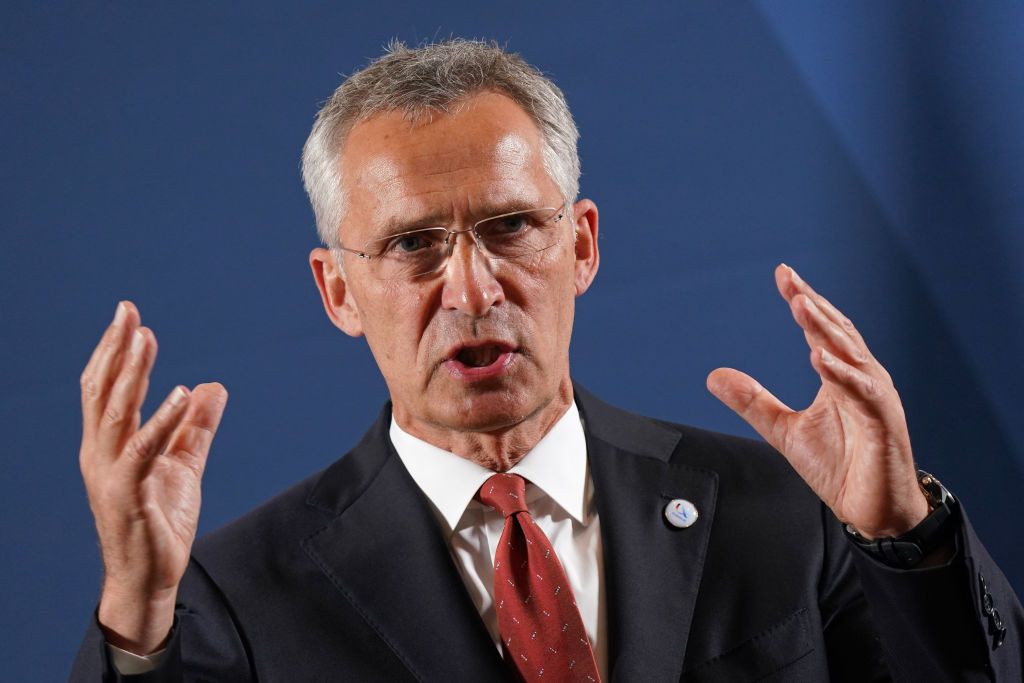NATO Secretary General Jens Stoltenberg and other high-profile Western leaders are calling for an end to the ban on Ukraine’s use of Western-supplied weapons to strike targets in Russia. Stoltenberg argues that denying Ukraine the ability to use these weapons against legitimate military targets on Russian territory hinders their ability to defend themselves. U.S. officials have previously stated that they do not support or encourage such strikes with American weapons. However, there is growing support for lifting these restrictions, with some U.S. lawmakers criticizing the current policy for micromanaging Ukraine’s war effort and hindering its defense capabilities.
The ongoing Russian offensive in Kharkiv Oblast, which started on May 10, is stretching Ukrainian defenses and exploiting their troop shortage. Russian forces have launched a two-pronged assault, with one group already engaged in street fighting in the town of Vovchansk. This offensive has forced Ukraine to make difficult decisions about where to commit reserves and has highlighted the challenges they face in defending against Russian aggression. The situation has prompted renewed debate about the effectiveness of current policies regarding Western support for Ukraine and the need for potential changes to better assist in their defense efforts.
The debate over sending NATO troops to Ukraine has intensified, with opposing views among Western leaders. While there is no intention to send NATO ground troops into Ukraine, there have been discussions about the potential of sending troops to train Ukrainian soldiers inside Ukrainian territory. French President Emmanuel Macron previously mentioned the possibility of deploying Western troops in Ukraine, which was met with mixed reactions. However, the primary focus remains on preventing the conflict from escalating into a full-fledged war between Russia and NATO in Europe, while also supporting Ukraine in defending itself against Russian aggression.
Efforts to support independent journalism in Ukraine are gaining traction, with calls for increased support and solidarity in the face of ongoing challenges. By becoming a member or offering one-time support, individuals can contribute to the fight for independent journalism and access accurate, unbiased information about the situation in Ukraine. The role of independent journalism in providing transparency and sharing the truth about the conflict is crucial in shaping public perception and influencing decision-making at both national and international levels. Supporting independent journalism helps to counter disinformation and propaganda, providing a platform for diverse voices and perspectives to be heard.
As the conflict in Ukraine continues to evolve, there is a growing recognition of the need to reassess current policies and strategies to effectively support Ukraine in its defense efforts. The situation in Kharkiv Oblast highlights the challenges faced by Ukraine in defending against Russian aggression and the importance of international support in this critical time. By lifting restrictions on the use of Western-supplied weapons and exploring new approaches to training and support, Western allies can better assist Ukraine in countering the Russian offensive and defending its territorial integrity. The ongoing debate over sending NATO troops to Ukraine underscores the complex political dynamics at play and the need for a coordinated and strategic approach to navigate the crisis.


